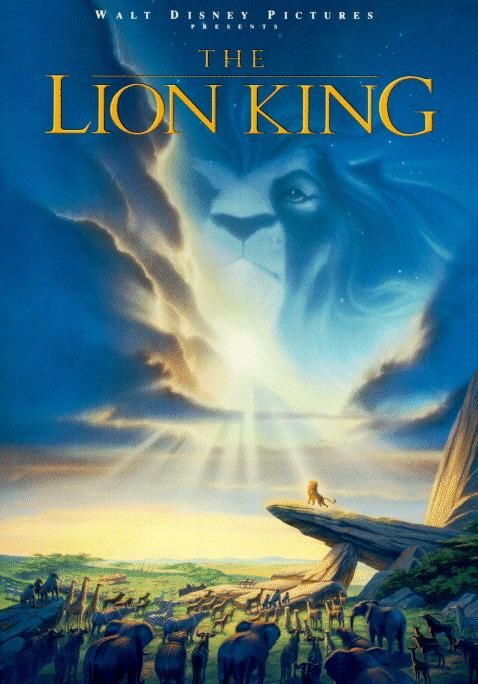Why ROMEO AND JULIET Was Reinvented: Behind the Scenes
By Evy Baehr, Executive Managing Editor of MOVIEGUIDE®
Relativity’s new version of ROMEO AND JULIET features beautiful sets and moving performances. Movieguide® had the opportunity to hear from the stars as well as writer Julian Fellowes, creator of the hit show Downton Abbey. They shared their thoughts on breathing new life into this well known tale of tragic love.
Julian: We are dealing with a different entertainment experience. In Shakespeare’s day, the play would run for three and a half hours and Hamlet took four and a half. During that time, the audience wandered around, talked, and got food. You would be silent for some of the good bits. Now we have this very reverential thing. We sit in the dark. We need our stories to be told in a shorter period. We were very keen to appeal to an audience beyond Shakespearean scholars. We wanted to keep the language, but bring this story to an audience who had not been to a Shakespearean play.
Carlo (director): It took me an hour and a half to read the script. I was in tears so many times by the end.
To Douglas Booth (Romeo): What is the most romantic thing someone has done for you?
Douglas: The most romantic things are very small, planned gestures.
To Hailee Steinfeld: You’re very close to the age of Juliet, how do you relate?
Hailee: What I love so much about Juliet is how youthful she is and how innocent. Exploring her emotions and myself at that age, I definitely had that sort of vulnerability and innocence…
Q: But she is a bit rebellious?
Hailee: Yeah, she’s very strong and independent.
Julian: Although it feels very modern, that was all in the play—a rebellious girl turning against her father and defying him. It proves that we didn’t invent being a teenager. It’s a condition of the mind that’s just as old as we are.
Q: Romeo was a bit impulsive, right?
Douglas: He very much lives in the moment, to the most extreme degrees…at the end he says, ‘Please, please, don’t put another sin on my head.’ He will do anything he needs to do to be with his Juliet.
To Julian: Why do you do tend towards tragedy?
Julian: There is something about the ultimate sacrifice to preserve your love, which is completely pure and takes over your life that we all find sort of appealing. Maybe it’s the ideal that most of us don’t live up to.
(About the Friar)
Julian: I love what Paul did with the Friar. It put a heart into the center of the story…we really believe that this man saw Romeo and Juliet’s marriage as a way of saving the town by ending the feud. His motives were completely admirable. He shared in the tragedy really…I felt he put gentleness and kindness into the story… He couldn’t stop himself emotionally connecting to Romeo, and he made this decision for Romeo to be his son, because he had chosen a celibate life. I thought that added so much to the end. You had this sense of a loving father witnessing his son’s death.
Carlo: He’s like the moral witness. He’s the go-between—somebody whose life will be affected forever by this tragedy…I didn’t want (the nurse) to be to be a drunk nurse like in Zeffirelli’s version. I wanted her to be like a surrogate mother, who suffers.
Q: Why do we need another Romeo and Juliet?
Hailee: I remember in our table read…we all sat down and, before we started, Julian said, ‘This generation deserves their own Romeo and Juliet.’…That’s what I have been thinking about ever since—the excitement of introducing this to a new generation. Everybody deserves to discover and rediscover this story.
Julian: There are certain stories that won’t die. They continually get reinvented. A lot of them are generic: Sleeping Beauty, Cinderella—invented in the folklore of Italy, France, or Germany—and Shakespeare touched something similar in our very core. Sometimes it is turned into a modern musical about the back streets of New York, or it’s set on an ice rink, or an underground garage…That’s why it seemed right to give this generation their own Romeo and Juliet…To give them the romantic, lyrical, Romeo and Juliet and not put everyone in jack boots or ballet pumps …The established way to do Shakespeare is to take it out of its original setting and turn it on its head. We are turning that on its head and going back to the original heart-wrenching story.
Questions or comments? Please write to us here.


 - Content:
- Content: 
